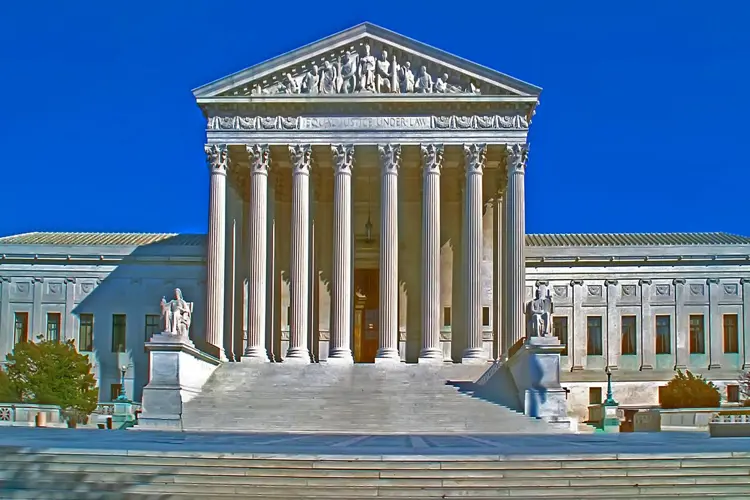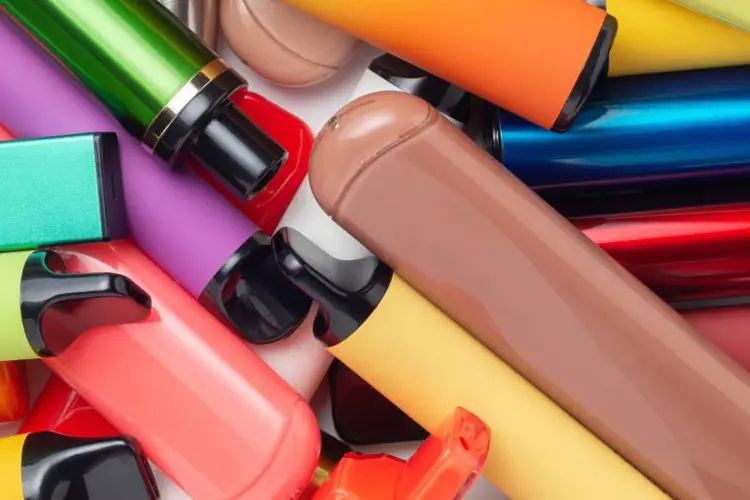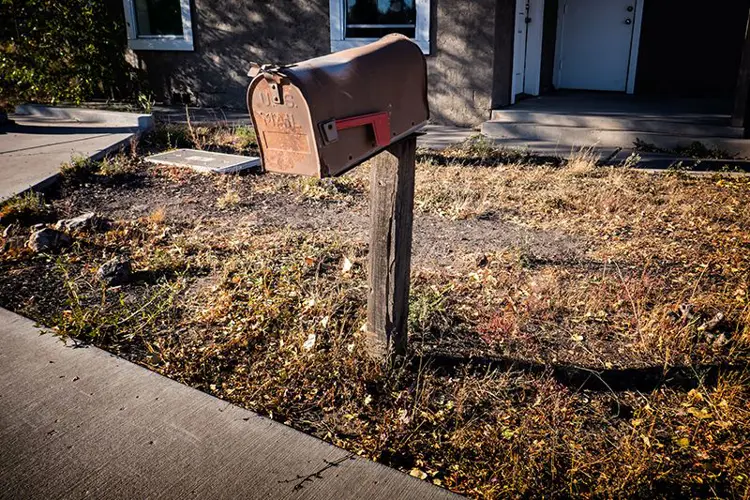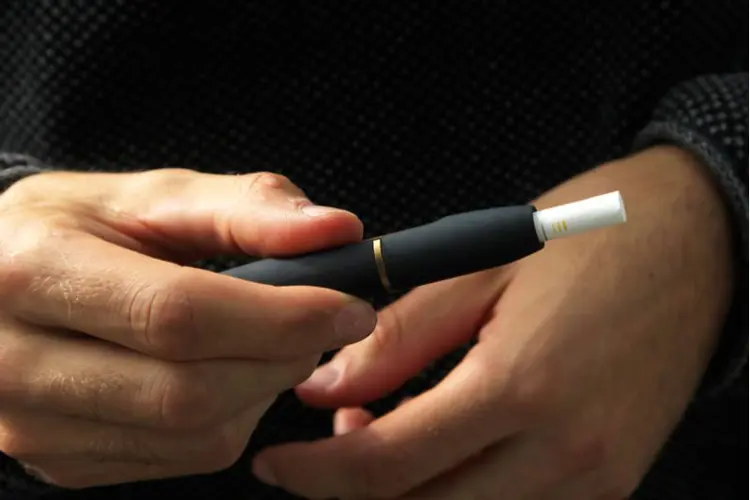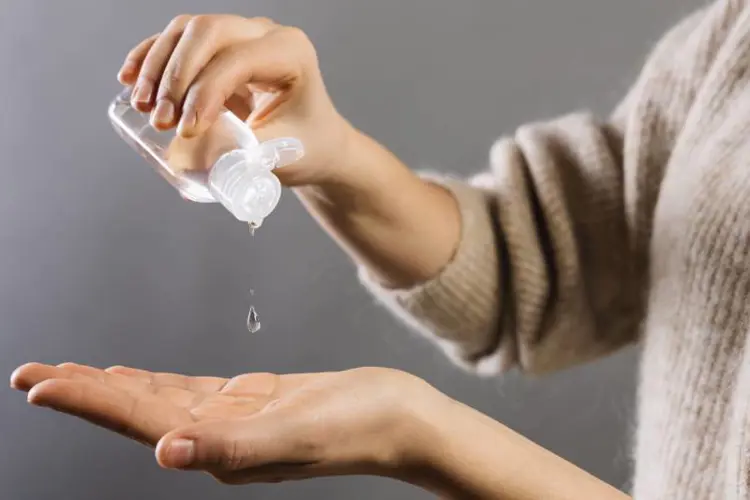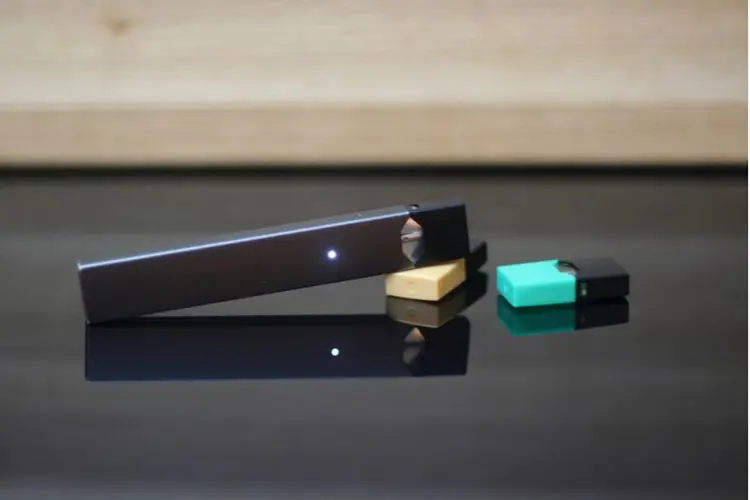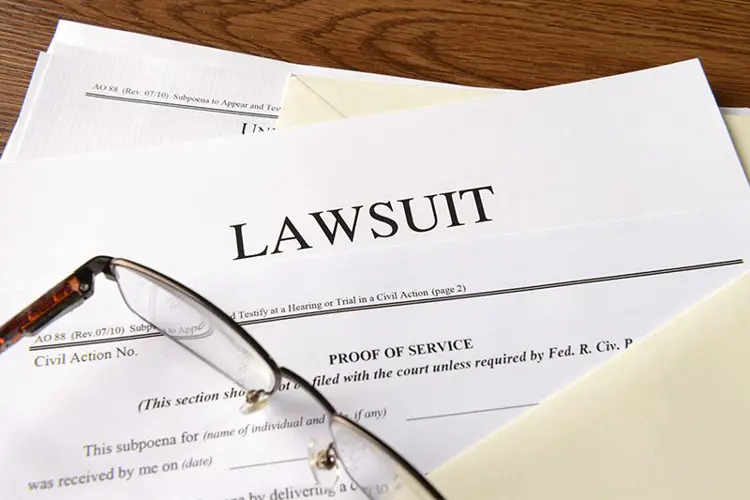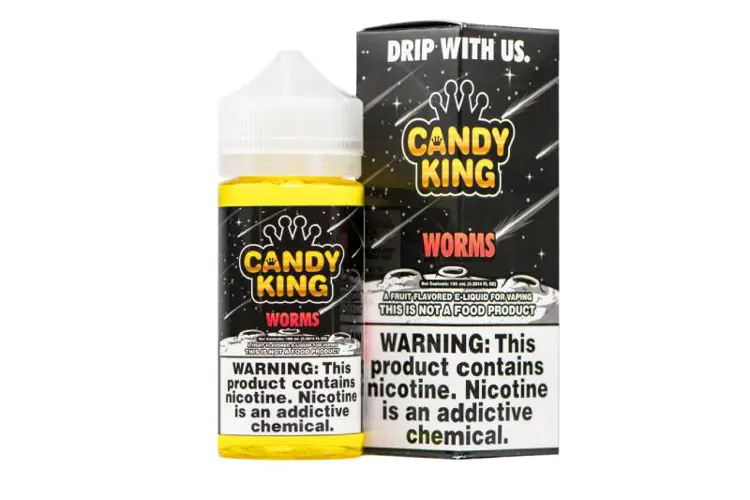The Department of Health and Human Services has reversed an FDA plan to charge a $14,060 fee to businesses that converted their manufacturing facilities to hand sanitizer production during the early days of the coronavirus pandemic. The FDA had published notice of the fee in the Federal Register on Dec. 29.
"Small businesses who stepped up to fight Covid-19 should be applauded by their government, not taxed for doing so,” HHS chief of staff Brian Harrison said in a statement. “I'm pleased to announce we have directed FDA to cease enforcement of these arbitrary, surprise user fees.”
Small e-liquid manufacturers and distilleries are among the companies that will avoid a huge surprise bill from the FDA. The fee was to be assessed on businesses that registered for the agency’s OTC monograph drug program, which allows manufacturers to produce some over-the-counter drug products without pre-approval by the FDA, as long as they meet certain requirements. The fee program was part of the Coronavirus Aid, Relief, and Economic Security (CARES) Act, which passed Congress in March 2020—but the exact fee was not set until last week.
Many e-liquid manufacturers produced hand sanitizer between early spring and summer, when demand for the alcohol-based product outstripped supply. Much of the hand sanitizer produced in converted e-liquid facilities wasn’t even sold, but was given away to first responders, medical organizations and nursing homes.
A Reason article by Jacob Grier was the driving force behind the HHS action that ended the FDA plan to bill emergency hand sanitizers producers. Grier, well known to vapers for his book “The Rediscovery of Tobacco: Smoking, Vaping, and the Creative Destruction of the Cigarette,” focused in his Reason story on craft distillers, and explained that the fee was a more-than-unwelcome surprise for these small businesses that had just faced their worst year ever.
To compound the issue, manufacturers who did not un-register with the FDA OTC monograph program by the end of 2020—just two days after the fee was announced—would be on the hook for a second $14,060 fee merely for being registered in 2021.
The particulars of the monograph drug program are hopelessly confusing to anyone who isn’t already an expert in FDA drug regulation, and it’s hard to imagine a small e-liquid company or distillery hiring an experienced regulatory attorney or compliance consultant to navigate the Byzantine details for the sole purpose of temporarily giving away hand sanitizer.
However, that’s what would have been required for them to understand that the FDA planned to impose fees after the fact for making hand sanitizer—even if they intended to give it away. (As with the Deeming Rule and other areas of complex FDA regulation, the agency has produced a webinar—entitled “Monograph reform is here!”—that undoubtedly adds additional layers of confusion to the topic.)
Not all e-liquid companies that made hand sanitizer registered for the FDA program, which required manufacturers to follow an FDA-approved recipe that included using only denatured (undrinkable) alcohol. The World Health Organization also provided a blueprint for making hand sanitizer that was simpler (and cheaper). Only those who registered with the FDA would have been forced to pay the $14,060 fee.
According to the HHS, FDA never got proper approval for the fee. HHS officials say the FDA has been ordered to remove the notice of the fee from the Federal Register.
"This action was not cleared by HHS leadership, who only learned of it through media reports late yesterday,” the cabinet department announced. “HHS leadership convened an emergency meeting late last night to discuss the matter and requested an immediate legal review. The HHS Office of the General Counsel (OGC) has reviewed the matter and determined that the manner in which the fees were announced and issued has the force and effect of a legislative rule. Only the HHS Secretary has the authority to issue legislative rules, and he would never have authorized such an action during a time in which the Department is maximizing its regulatory flexibility to empower Americans to confront and defeat COVID-19."
The Freemax REXA PRO and REXA SMART are highly advanced pod vapes, offering seemingly endless features, beautiful touchscreens, and new DUOMAX pods.
The OXVA XLIM Pro 2 DNA is powered by a custom-made Evolv DNA chipset, offering a Replay function and dry hit protection. Read our review to find out more.
The SKE Bar is a 2 mL replaceable pod vape with a 500 mAh battery, a 1.2-ohm mesh coil, and 35 flavors to choose from in 2% nicotine.
Because of declining cigarette sales, state governments in the U.S. and countries around the world are looking to vapor products as a new source of tax revenue.
The legal age to buy e-cigarettes and other vaping products varies around the world. The United States recently changed the legal minimum sales age to 21.
A list of vaping product flavor bans and online sales bans in the United States, and sales and possession bans in other countries.







